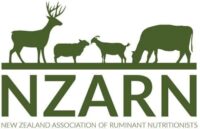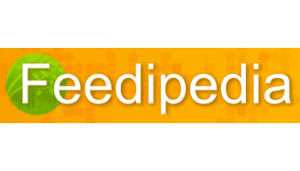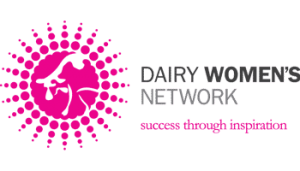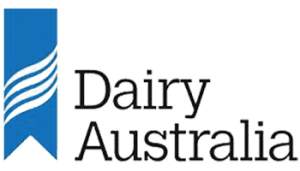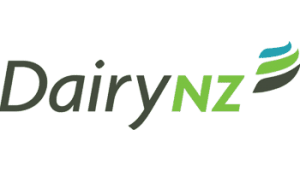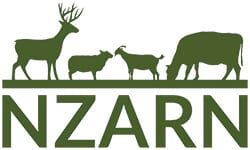A network of ruminant nutritionists - enabling exchange of ideas and experience among professionals, to understand and improve health and productivity of ruminant livestock.
A network of ruminant nutritionists - enabling exchange of ideas and experience among professionals, to understand and improve health and productivity of ruminant livestock.
Knowledge base...
Members
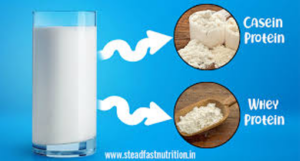
Laura Pattie – Milk synthesis, nutrition and milk docket
Laura graduated Bachelor of Veterinary Science with Distinction from Massey University and is a member of the Australian New Zealand College of Veterinary Sciences in Ruminant Nutrition. She worked as a farm veterinarian for 10 years before joining PGG Wrightson
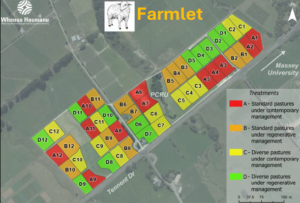
Amelia Almeida – Whenua Haumanu regenerative agriculture project
Dr. Amelia Almeida is committed to advancing sustainable ruminant production systems and enhancing feed efficiency while minimizing environmental impact. Dedicated to fostering innovation and resilience in the next generation of animal scientists at Massey University. Her current research focuses on
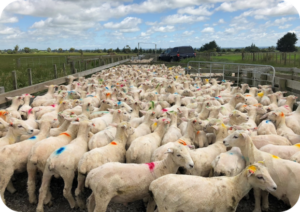
Nicola Schreurs – Animal nutrition and meat quality
Sarah kicked off defining carcass quality verses meat quality. Where classification characteristics associated with greater saleable meat yields and premium prices (weight, shape, fatness etc) verses how good the meat is. In regard to colour, palatability and nutritive values. Consumers
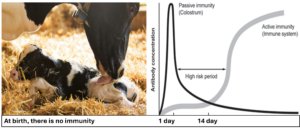
Ajmal Khan – Effect of nutrition on the development and performance of calves
Dr Ajmal Khan gave a very engaging talk on calf rearing. The talk began by setting the scene on the challenges around calf rearing and reviewed the current state of knowledge. Particular attention was given to colostrum management including the
Dr Emma Cuttance, Facial Eczema
Dr Emma Cuttance has been key in the recent research carried out in NZ for facial eczema (FE). Within her presentation, she walks through the impact of FE, the damage caused by FE going untreated, and the reliability of treatment
Dr Lance Baumgard, Inflammation
Lance kick started the session with an over view of the GIT, and the impact of how overall health can stem from the GIT. He discusses the thickness of the rumen which can be > 10 layers thick, compared the
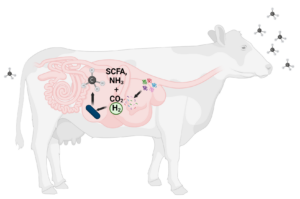
David Pacheco – Options for abatement of enteric methane emissions from ruminants
During this session David covered the indirect and direct options for mitigating enteric methane. Indirect options include improving feed quality and animal health for improved animal efficiency and reduction in GHG . Direct interventions act directly in the rumen to
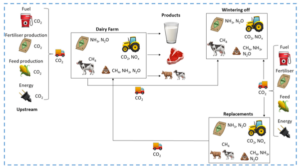
Andre Mazzetto – Life Cycle Assessment – the importance of feed in the footprint of animals
Lifecycle assessment (LCA) is a technique for assessing the environmental aspects and potential impacts associated with a product, system or service. In this session, Andre covered what different components make up an LCA and talked about the importance of accounting
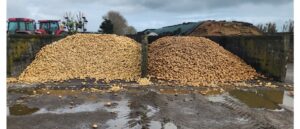
Paul Sharp – Feeding food waste to cows
Paul’s years of experience working with farmers who have access to food waste coming from the human food chain shone through in his session. Paul talks about what type of waste products he uses on a common basis as well
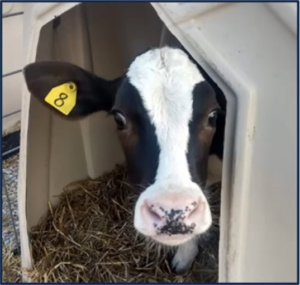
Dr James Drackley – NASEM Requirements for Calves and Update on Intensified Feeding
Dr. Jim Drackley is Professor of Animal Sciences at the University of Illinois at Urbana Champaign. Jim grew up on a small dairy farm in Minnesota and received his Ph.D. in nutritional Physiology from Iowa State University. Since joining the
NZARN news...
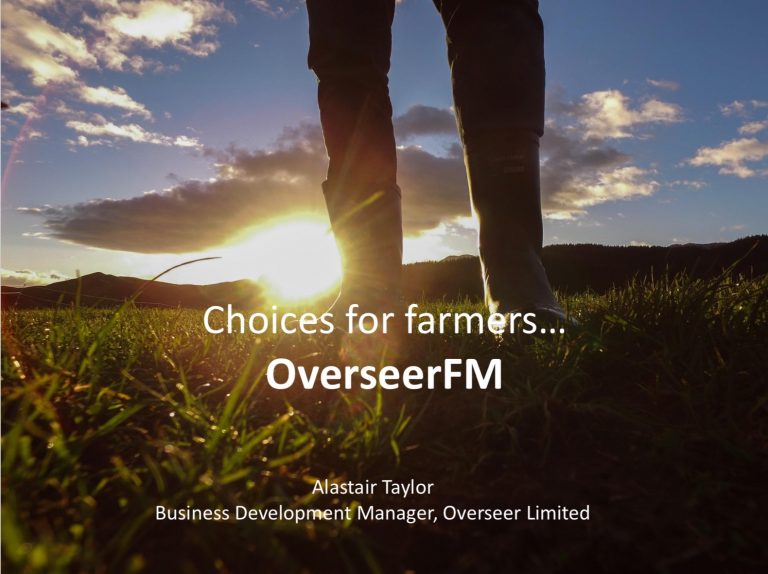
OverseerFM – What is new, and the path ahead Alastair Taylor, Overseer Ltd.
OverseerFM is an online software that connects farmers to science to support sustainable farm businesses that protect the environment. OverseerFM is built on 30 years of science. The OverseerFM model has been updated to make nutrient budgeting more user friendly,
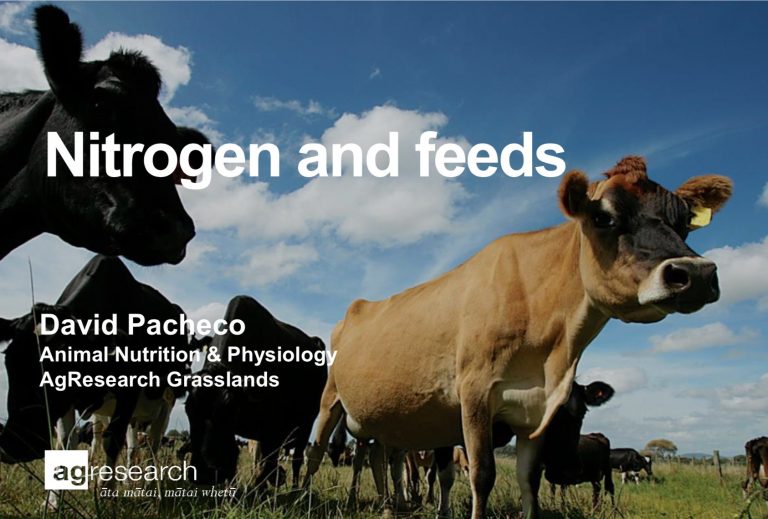
Nitrogen and Feeds – David Pacheco, AgResearch
Farmers use Nitrogen (N) to increase forage yields and increase profitability, however, there has been increasing requirements to minimise environmental impact and for this reason N use on farms is under scrutiny. N that is not used in an animal
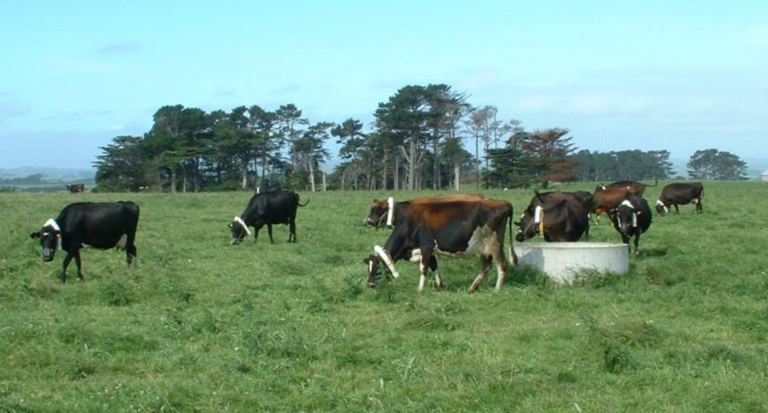
Enteric Methane and Feeds – Arjan Jonker, AgResearch
Methane (CH4) is mainly formed in the rumen (87-92%) by methanogens which utilise microbially hydrogen produced in the rumen during fermentation of ingested feed. CH4 from animals is measured via gas exchange using flux methods like respiration chambers and marker methods
